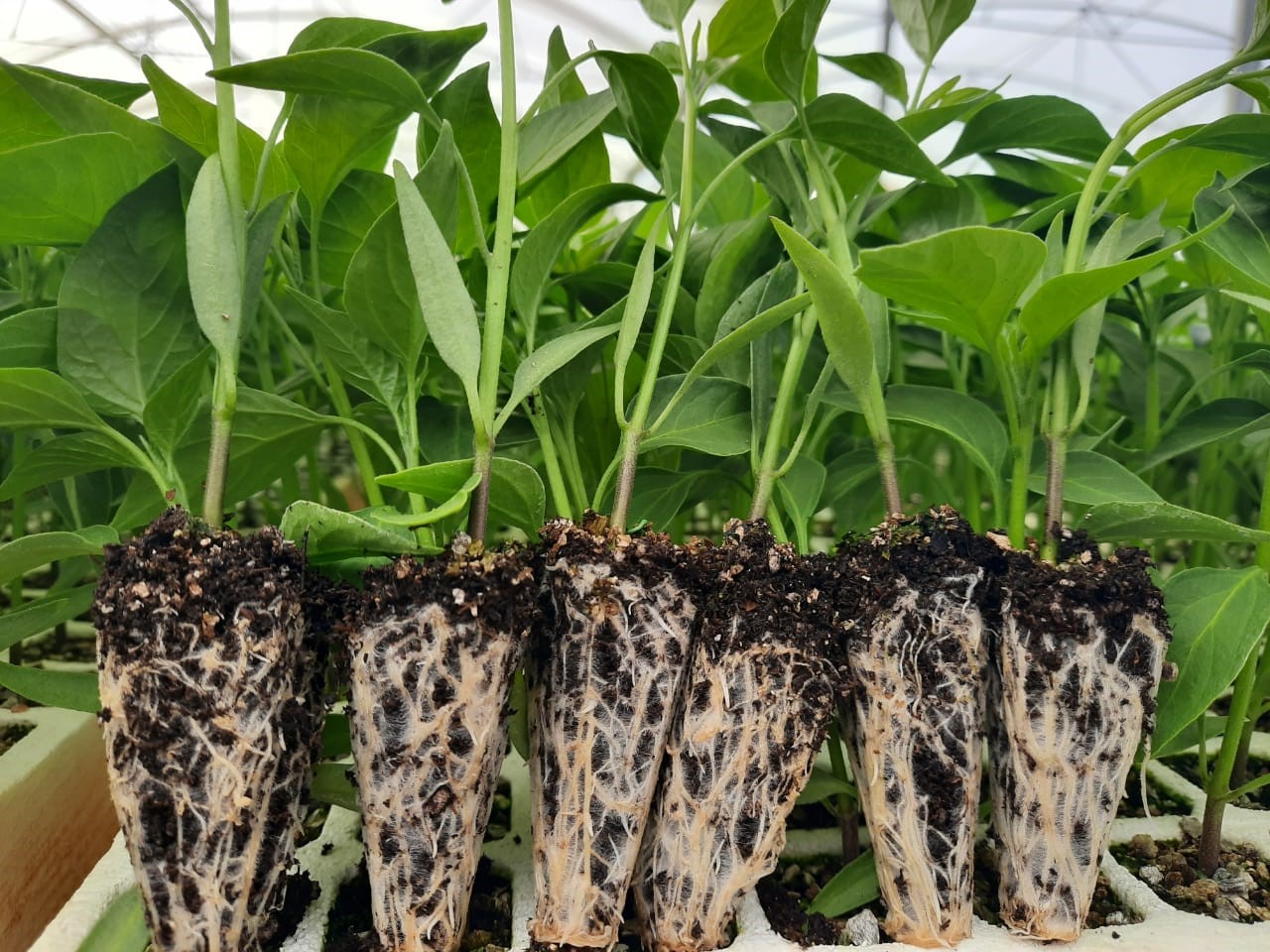All crops, whether direct seeding or transplant, require certain specific conditions to achieve success in the early stages of their cycle and therefore have optimal development and production; As a check list or list of requirements, we can mention:
- Good Nutritional Contribution: mainly Nitrogen and Phosphorus.
- Adequate biostimulation: to achieve correct cell division and development of roots, stems and leaves.
- Phytosanitary protection against attacks by insects and pest mites and diseases.
- Necessary irrigation, to avoid water stress and ensure nutrition.
- Properly prepared soil.
- A seedling suitable for transplanting (or seed for direct sowing).

Once you have the above elements, it is safer to be successful in planting or transplanting the crop.
An essential part of this list is root biostimulation. This is achieved through the supplemented application of formulations that promote cell division of root tissue.
Proroot is a product formulated by Fagro, with more than 25 years of experience in Bioregulation and Biostimulation. Proroot promotes the development of practically all crops, both grown in soil, as in hydroponics and in a diversity of climates and types of management. Proroot has the following advantages:
- Excellent stimulation of the root system, in initial stages and vegetative development.
- Used at recommended doses, it does not cause phytotoxicity or stress in plants.
- It can be applied from the seedling phase, from the moment the seedling emerges, later it can be applied in transplantation, in vegetative development and in pre-flowering.
- Can be mixed with most crop inputs.
- It has a great effect from low doses, which allows savings compared to other rooters, with a low cost per piece, but with a high dose.
- Once applied correctly, it quickly induces rooting, and it is an effect that lasts for more days.
- Strengthens the development of stems, branches and in general of the aerial part of the crop.
- Improves the caliber of seedlings.
- It helps the post-transplant stress stages to affect the newly transplanted plant less.

